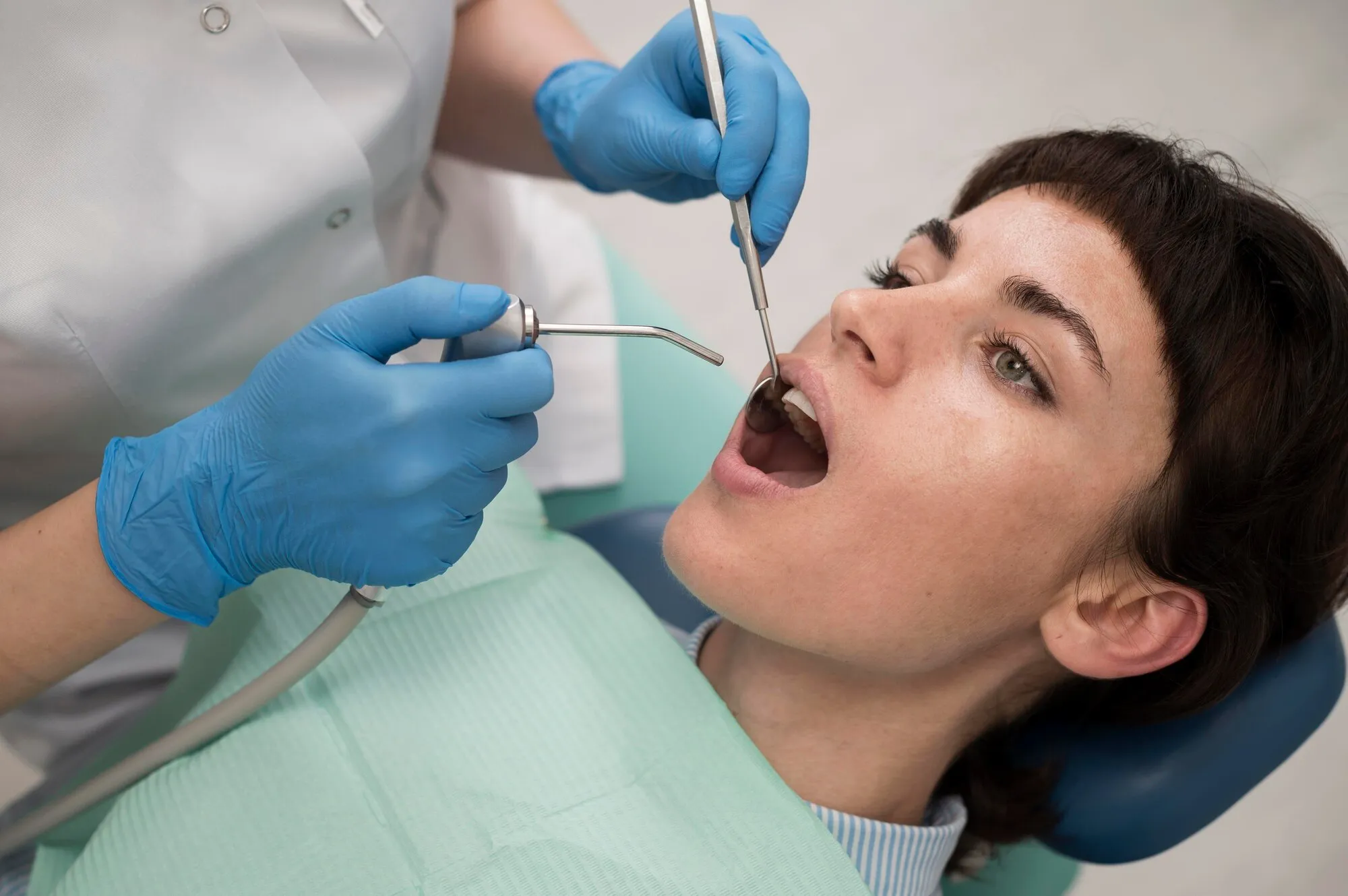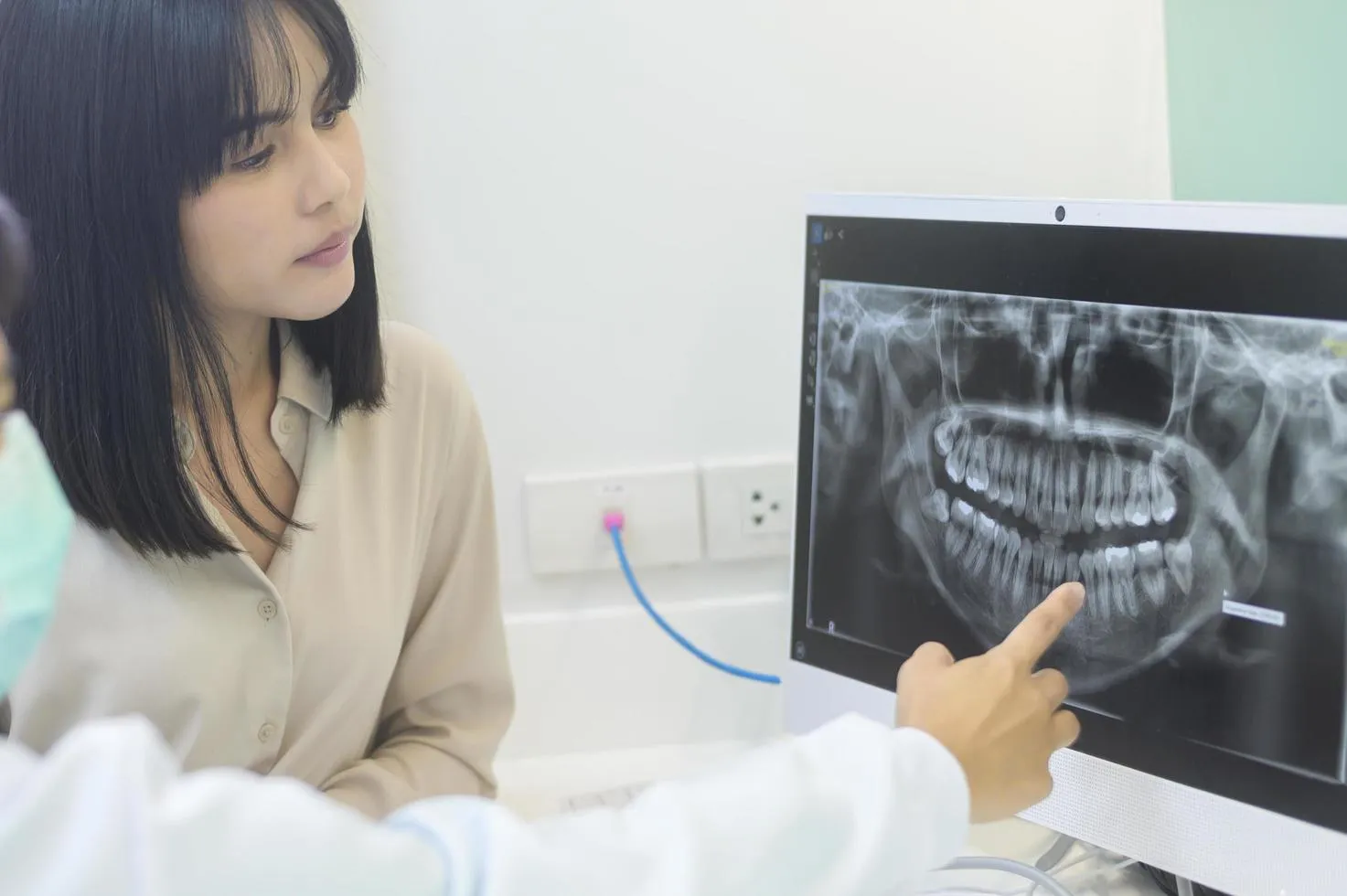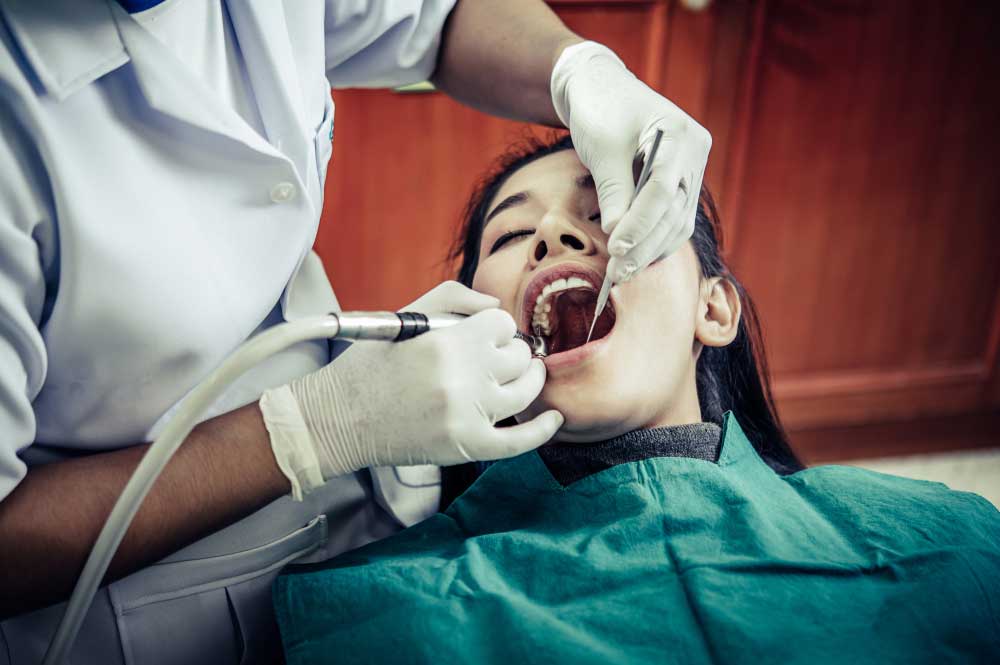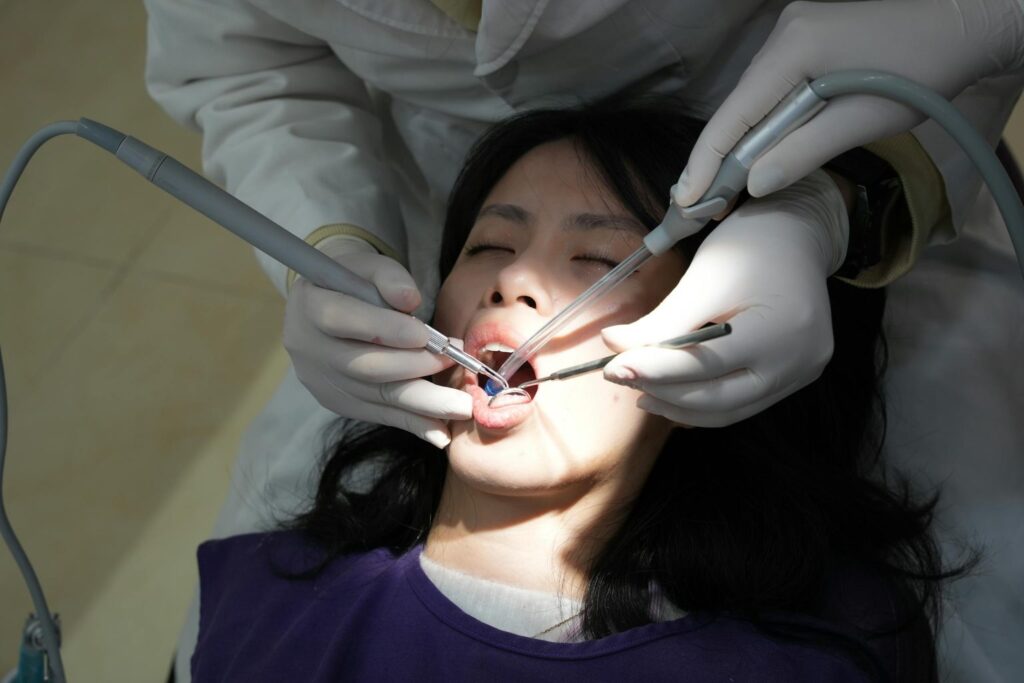Table of Contents
ToggleWisdom teeth removal is a common dental procedure that many individuals undergo to alleviate pain, prevent complications, and maintain oral health. While the thought of having wisdom teeth extracted may be daunting, understanding the entire process and what to expect during the recovery phase can significantly ease anxiety. In this comprehensive guide, we’ll walk you through every stage of wisdom teeth removal recovery, from pre-surgery preparations to post-operative care, offering valuable insights and tips to ensure a smooth recovery journey.
Pre-Surgery Preparations:
Before undergoing wisdom teeth removal, it’s essential to be well-prepared both mentally and physically. Here’s what you can expect during the pre-surgery phase:
Consultation and Examination:
Your journey begins with a consultation with an oral surgeon or dentist, who will assess your dental health, take X-rays, and discuss the necessity of wisdom teeth removal. This is the time to ask questions, address concerns, and fully understand the upcoming procedure.
Treatment Plan and Anaesthesia Options:
Based on the examination, your dentist will formulate a treatment plan that outlines the specifics of the procedure. They will also discuss anaesthesia options, such as local anaesthesia, sedation, or general anaesthesia, depending on the complexity of the extraction and your comfort level.
Pre-Surgery Guidelines:
Follow any pre-surgery guidelines provided by your oral surgeon or dentist. This may include fasting for a specified period before the surgery and adjusting medications according to their recommendations.
The Day of Wisdom Teeth Removal:
On the day of your surgery, it’s normal to feel a mix of nervousness and anticipation. Here’s what to expect during the extraction procedure:
Check-In and Pre-Operative Procedures:
Upon arrival at the dental office or surgery centre, you’ll check in and undergo pre-operative procedures. These may include vital sign assessments, confirming your medical history, and discussing any last-minute questions or concerns.
Anaesthesia Administration:
Once you’re prepared, the chosen anaesthesia will be administered. Local anaesthesia numbs the specific area, sedation helps you relax, and general anaesthesia induces a temporary state of unconsciousness. The choice depends on your personal preference, the complexity of the extraction, and the dentist’s recommendation.
Extraction Process:
The oral surgeon or dentist will carefully remove the wisdom teeth, ensuring minimal discomfort. The duration of the procedure varies depending on the number and position of the teeth being extracted.
Post-Operative Care Instructions:
After the extraction, you’ll receive detailed post-operative care instructions. This typically includes guidance on managing bleeding, swelling, and pain, as well as instructions on medication usage and dietary restrictions.
Initial Recovery Period (First 24-48 Hours):
The initial wisdom teeth removal recovery time is crucial for minimizing discomfort and reducing the risk of complications. Here’s what to expect during the first day or two:
Bleeding and Swelling:
It’s normal to experience some bleeding immediately after the surgery. Bite down on gauze pads provided by your dentist to control bleeding. Swelling is also common, and applying an ice pack intermittently can help minimize it.
Pain Management:
Prescribed or recommended pain medication should be taken as directed to manage post-operative pain. Over-the-counter pain relievers may also be recommended, but consult your dentist before using them.
Soft Diet:
Stick to a soft diet to avoid irritation and facilitate healing. Options for wisdom teeth removal recovery food include smoothies, soups, mashed potatoes, yogurt, and other easy-to-chew foods.
Rest and Relaxation:
Allow yourself ample time to rest and recover. Avoid strenuous activities and give your body the opportunity to heal.
Extended Recovery (Up to Two Weeks):
As the initial days pass, you’ll likely notice improvement in your condition, but the recovery process continues. Here’s what to expect during the extended recovery period and more wisdom teeth removal recovery tips:
Gradual Healing:
The extraction sites will gradually heal, and any residual swelling or discomfort should diminish. Follow-up appointments with your dentist may be scheduled to monitor your progress.
Oral Hygiene:
Maintain good oral hygiene to prevent infection. Gently brush your teeth, avoiding the surgical sites, and rinse your mouth with a prescribed or recommended mouthwash.
Resume Normal Activities:
As your strength returns, you can gradually resume normal activities. However, continue to avoid strenuous exercise and activities that may impact the surgical sites.
Follow-Up Appointment:
Attend any scheduled follow-up appointments with your oral surgeon or dentist. They will assess your recovery, remove any stitches if necessary, and address any concerns you may have. You could also ask for wisdom teeth removal recovery exercise as well.
Signs of Complications:
While complications are rare, it’s essential to be aware of potential issues that may arise during the recovery period. Contact your dentist if you experience:
- Excessive bleeding that doesn’t subside with gauze pressure.
- Severe or worsening pain that is not alleviated by prescribed medication.
- Persistent swelling or signs of infection, such as redness or pus around the extraction sites.
- Numbness or tingling in the lips, tongue, or chin, which may indicate nerve damage.
FAQs:
- How long does it take to recover from wisdom teeth removal?
Recovery time can vary from person to person, but typically, the initial healing period lasts 1-2 weeks. Full recovery, including complete soft tissue healing, may take a few weeks to a month.
- What can I eat after wisdom teeth removal?
During the initial recovery period, it’s advisable to stick to a soft diet to avoid irritation to the surgical sites. This may include smoothies, soups, mashed potatoes, yogurt, and other easy-to-chew foods.
- How can I manage pain and swelling after wisdom teeth removal?
Pain management often involves prescribed or recommended pain medication, along with the use of ice packs to reduce swelling. It’s essential to follow the post-operative care instructions provided by your dentist for optimal pain and swelling control.
- When can I resume normal activities after wisdom teeth removal?
While light activities can be resumed gradually after the first few days, it’s advisable to avoid strenuous exercise and activities that may impact the surgical sites for at least a week or as advised by your dental care provider.
- What are the signs of complications after wisdom teeth removal?
Watch for signs of excessive bleeding, severe or worsening pain, persistent swelling, or indications of infection around the extraction sites. Additionally, contact your dentist if you experience numbness or tingling in the lips, tongue, or chin, as this may indicate potential nerve damage.
Conclusion:
Wisdom teeth removal recovery is a manageable process when armed with knowledge and preparedness. Remember, everyone’s experience is unique, so listen to your body and communicate openly with your dental care team to ensure a smooth and successful recovery from wisdom teeth removal.





